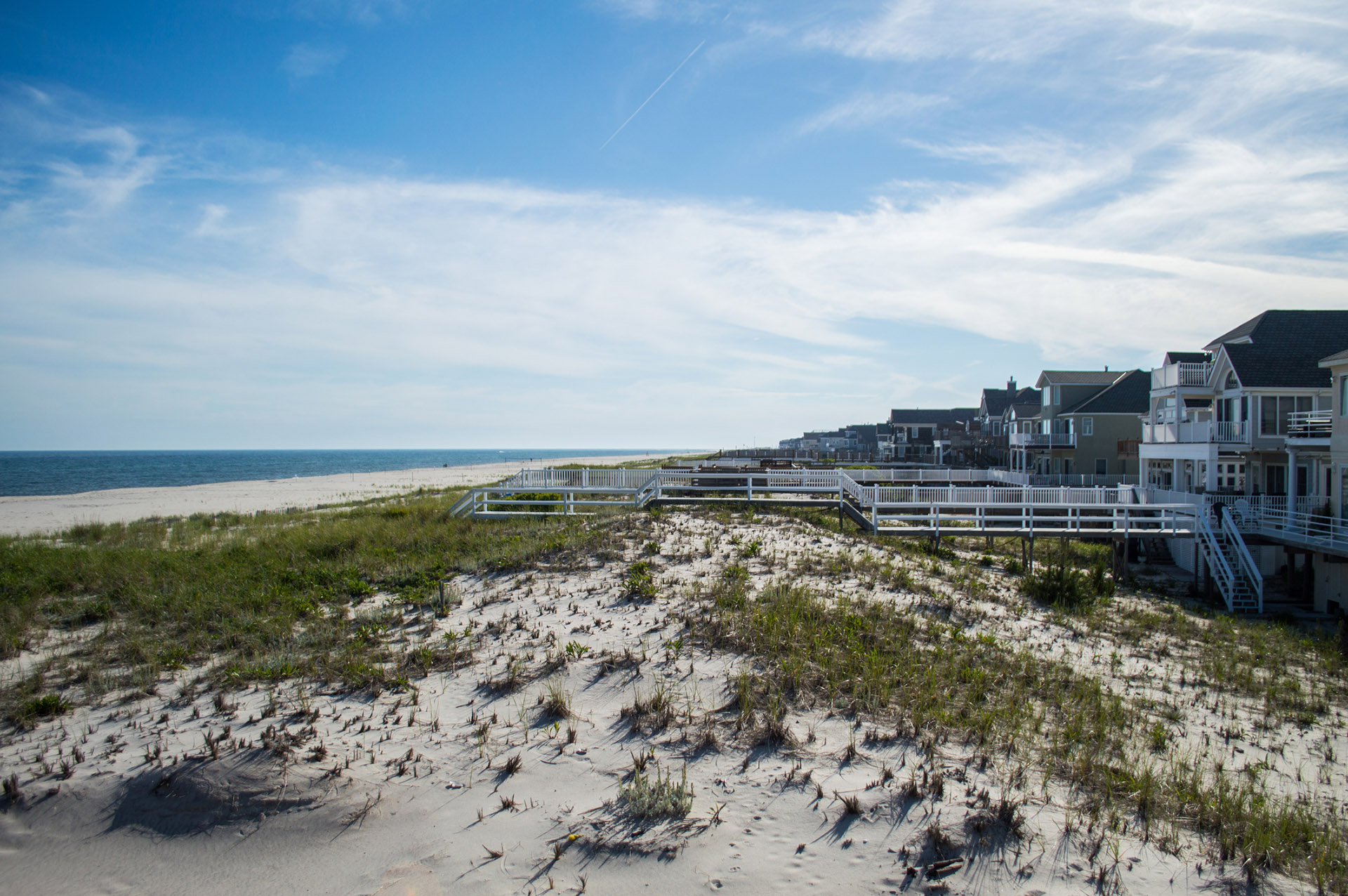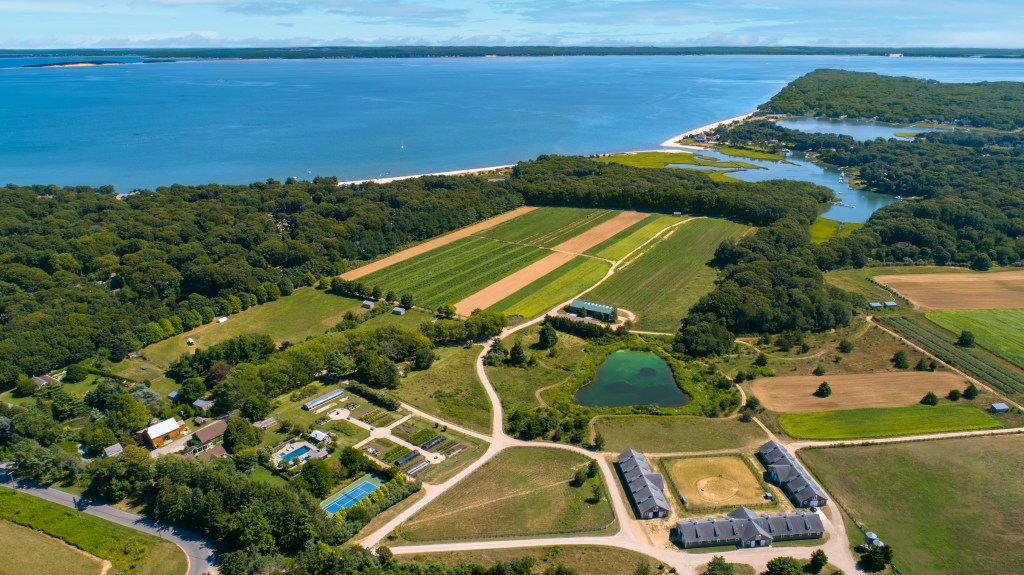East End CPFs Show Sharp Q1 Decline

A sharp downturn in the sales of multi-million-dollar properties across the East End during the first quarter of 2019 means deep cuts to the Peconic Bay Community Preservation Fund’s revenues in the area, New York State Assemblyman Fred Thiele warned last week. After many years of steady increases in the amount of money generated by the two-percent tax on the sale of most properties, the sudden decrease could just be a hiccup, Thiele said, or could be a much more ominous sign. But, he wanted, in any event, for towns to be aware of what the first-quarter numbers are.
The total revenue for the first quarter was $16.4 million, almost 30 percent lower than during the same time period in 2018, when $23.4 million came into the CPF. That decrease continued into the last month of the first quarter, with March 2019 revenue down to $4.56 million, as compared to $6.54 million in 2018.
The first quarter of 2019 generated the least amount of CPF income since first quarter of 2012. “Local government officials should closely monitor CPF revenues in the coming months and be cautious in making any long-term projections,” Thiele said last week.
Southampton experienced the steepest decline, both percentage-wise, and in total dollars. Southampton CPF revenue plummeted in the first quarter, from $13.71 million in 2018, to $8.23 million this year, a full 40 percent drop.
The next biggest loser was East Hampton, where CPF income went down more than $900,000 in the first quarter of the year, a drop of 13.9 percent. Shelter Island, with much smaller total numbers, saw a large percentage-wise decrease, 37.8 percent, going from $370,000 to $230,000. Southold dropped from $1.88 million to $1.53 million, or 18.6 percent. Only Riverhead saw gains, increasing from $650,000 to $710,000.
Thiele said his office had reached out to major local real estate brokers, who do their own internal reports. “Their data conforms with these numbers,” Thiele said. “There are fewer sales, particularly at the high end.”
One such quarterly report, from Town & Country, noted that it is a volatile market right now.
Both Thiele and Southampton Town Supervisor Jay Schneiderman are hoping that the decrease is simply a result of a historic December market selloff, and that, with the stock market rebounding, real estate could follow. “I wouldn’t make too much of it,” Schneiderman said. “The economy is still strong.”
However, Schneiderman said, there could be another cause to the decrease in real estate sales, particularly on the high end: the Trump tax cuts from last year. As part of that tax package, deductions of local taxes from federal tax returns were capped at $10,000. For owners of real estate at the top of the market’s value, that could mean $30,000, $40,000, or more in additional federal taxes owed for the affected owners.
Schneiderman said Southampton officials would continue to monitor the situation. “We are finally paying off CPF debt from the past,” he said. “We are not over-extended. We will be able to weather the situation.”
If the decline were to continue, some expenditures, like the water quality fund, might have to be reduced, but, hopefully, Schneiderman said, it will not come to that.
Since its inception in 1999, the Peconic Bay Regional Community Preservation Fund has generated $1.399 billion for the five East End towns to invest in preservation. The two-percent tax under the CPF law expires in 2050.
t.e@indyeastend.com



